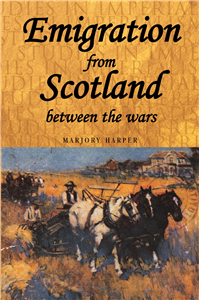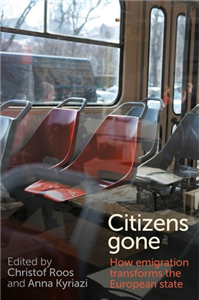Rights Expert
Rights Expert Literary and Licensing Agency is representing in Romania, directly or through other agents, more than 45 publishing houses and imprints (mainly from UK and USA). Part of the publishers represented in Romania agreed to give us the international representation for other CEE territories: Poland, Czech Republic, Slovakia, Hungary, Croatia, Slovenia, Serbia, Bulgaria. Rights Expert Literary and Licensing Agency is having a portfolio of creative, independent and flexible publishers from domains like: Children and Young Adult books (non-fiction): activity books, color and stickers books. Children and Young Adult books (fiction): picture books (trendy in all the markets); story books; novels; comic magazines and books. Adult non-fiction: Self-help, Health, Body, Mind & Spirit etc. Adult fiction
View Rights Portal























